Publications
Articles, publications, books, tools and multimedia features from the U.S. Institute of Peace provide the latest news, analysis, research findings, practitioner guides and reports, all related to the conflict zones and issues that are at the center of the Institute’s work to prevent and reduce violent conflict.
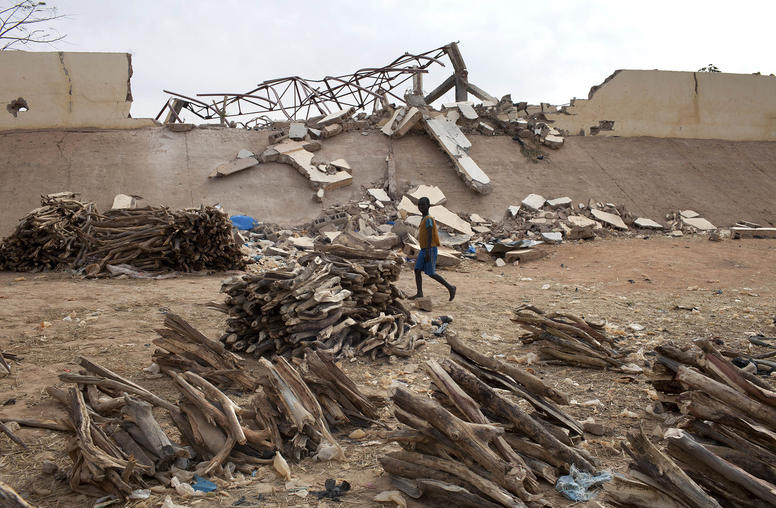
For Peace in the Sahel, Can the U.S. Work with Algeria?
Amid the Sahel region’s crises — a continent-spanning web of communal and terrorist insurgencies and eight coups d’etat since 2020 — U.S. and European attention is focused elsewhere: on Russia’s invasion of Ukraine, China’s expanding global influence and the Israel-Palestine conflict. But an opportunity to promote stabilization in the Sahel, notably in Mali and Niger, could be U.S. collaboration with Algeria. Algeria shares borders with those violence-stricken states, and also the U.S. desire to help stabilize them and their Sahel neighbors. A first question for any joint U.S-Algerian engagement is whether the two countries’ visions for Sahel stability, particularly in Mali and Niger, are aligned or contradictory.
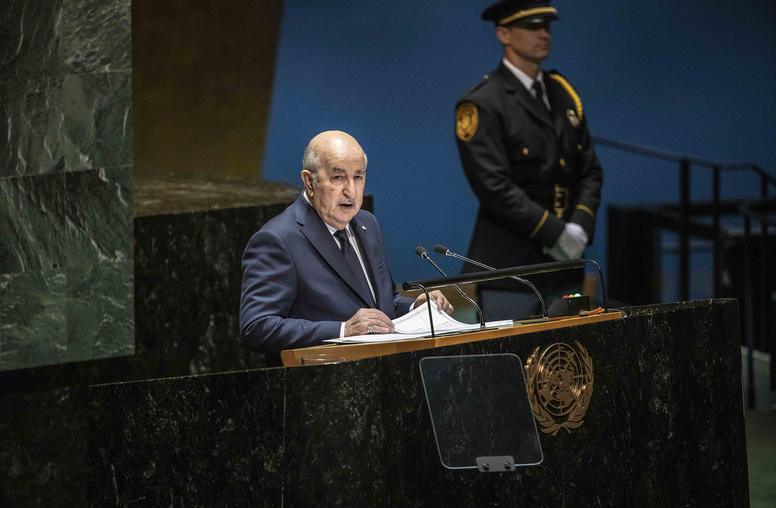
Can Algeria Help Niger Recover From Its Army Coup?
Democracies and democracy advocates should welcome this week’s tenuously hopeful sign in Algeria’s announcement that the 10-week-old military junta in Niger has accepted Algiers’ offer to mediate in a transition to civilian, constitutional rule. Still, Algeria’s government and the junta left unclear the extent of any agreement on mediation, notably disagreeing on a basic element: the duration of a transition process. Algeria can bring significant strengths to a mediating role. In stepping forward from what most often has been a cautious posture in the region, Algeria creates an opportunity that international partners should seek to strengthen.
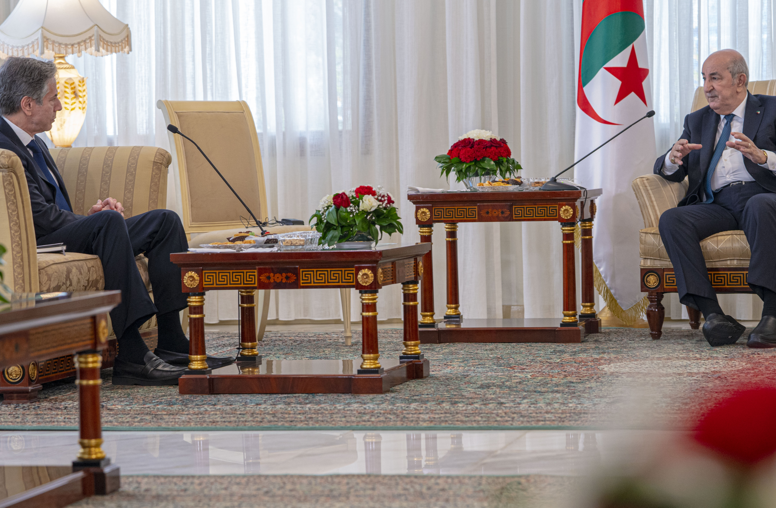
A Newly Assertive Algeria Seizes an Opportunity
For decades, Algeria has eschewed participation in international affairs. As a member of the non-aligned movement, the country has been described as “anti-Western,” “anti-capitalist,” and “insular.” Privately, American diplomats describe the government as one of the region’s most challenging to penetrate and understand. But over the last two years, there have been signs that Algeria is changing and starting to flex its economic and political muscles, which has accelerated in the wake of the war in Ukraine, with Algeria capitalizing on opportunities created by changes to global energy markets. Algeria has also increasingly asserted itself in the African Union and Arab League, stepped up its lobbying efforts in foreign capitals and is deepening ties with Beijing. But is Algeria ready for the responsibility that accompanies the role it is positioning to play?
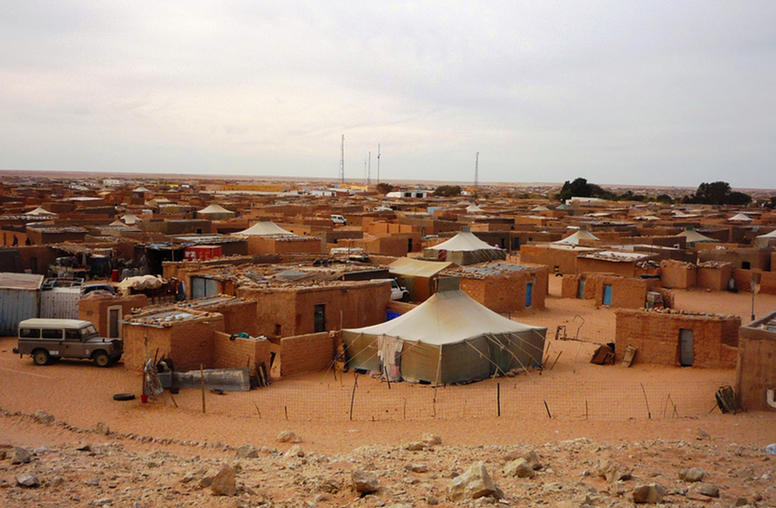
Saudi-Turkish Clash Reinforces Tensions in the Maghreb
Morocco notched a diplomatic win this week as the United Arab Emirates opened a consulate in the Western Sahara, where Rabat has long sought international recognition of its claim over the disputed territory. It also signaled a troubling regional shift. The hostility between Turkey and the Saudi-aligned Arab states risks embroiling the Maghreb region, much as it already complicates conflicts and politics from Libya to the Red Sea region. In North Africa, as across the greater Middle East, a widening of the Turkish-Saudi confrontation is heightening the risks of destabilization and threats to U.S. regional and counterterrorism interests.
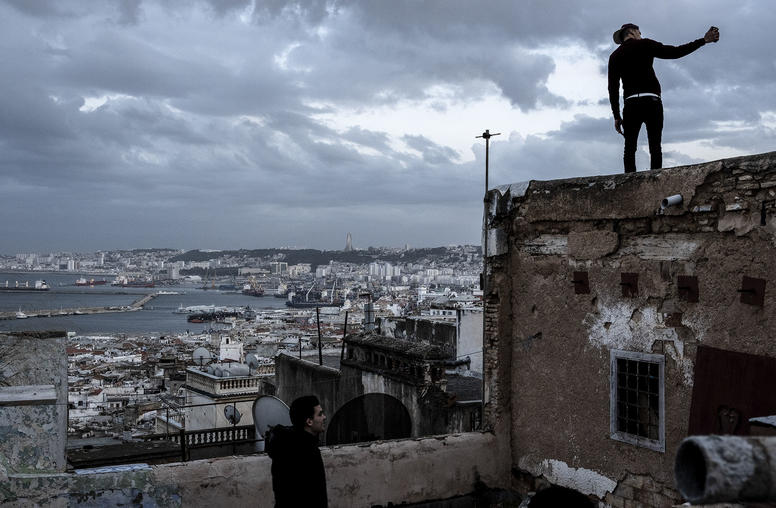
Could Algeria’s Referendum Lead to Democratic Progress or Uphold Status Quo?
Algerians took to the streets in February 2019 to protest the re-election bid of longtime authoritarian president Abdelaziz Bouteflika. Those protests—which came to be known as the Hirak movement and resulted in Bouteflika’s resignation in April of that year—evolved quickly to calls for a fundamental overhaul of the country’s political system. Few real changes have been made since. This Sunday, Algeria will hold a referendum on constitutional amendments to ostensibly bolster the country’s democracy. But, the Hirak says the constitutional changes do not go far enough. USIP’S Tom Hill looks at why the constitutional amendments have stirred tension with the opposition, the movement’s struggles to coalesce behind specific demands, and the role of Algeria’s military and floundering economy in the transition.
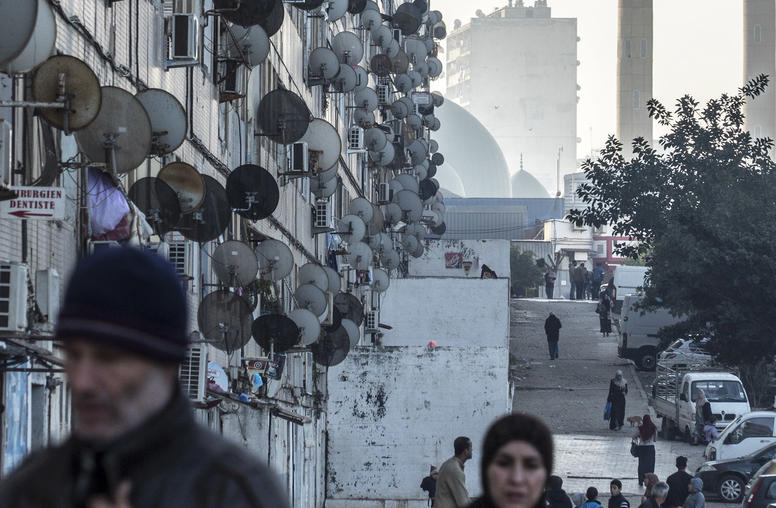
Can Algeria’s Protest Movement Bring Fundamental Change?
Last year, Algerians massed in peaceful protests against the authoritarian, 20-year presidency of Abdelaziz Bouteflika, prompting the military to force his resignation. The demonstrations have brought millions to the streets, demanding greater transparency in government and an end to pervasive corruption within the shadowy mix of military, business, and political elites who dominate the country. While the popular movement has forced once-unthinkable resignations and criminal investigations of powerful figures, its push for more a fundamental overhaul is stalled. The movement, called the Hirak, can continue its pattern of twice-weekly demonstrations, hoping for more government concessions. Or it can adapt its strategy to move beyond the current stalemate. Either approach could risk greater conflict.
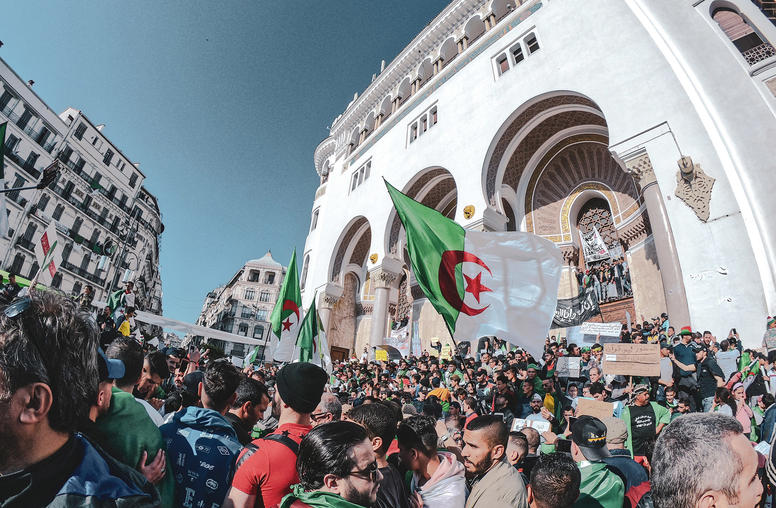
Why Algeria’s Protests Continue After Bouteflika’s Ouster
It’s been two months since longtime Algerian dictator Abdelaziz Bouteflika resigned following weeks of mass protests. But, Algeria’s protest movement has continued to maintain pressure on the army, which is overseeing a 90-day transitional period. Protesters have even recently called for the resignations of interim president Abdelkader Bensalah and Prime Minister Noureddine Bedoui, who were appointed by Bouteflika days before his resignations. With elections scheduled for July 4, what’s next for Algeria? USIP’s Thomas Hill looks at what the protesters want, if an election can satisfy their demands, and the regional implications of Algeria’s continued unrest.
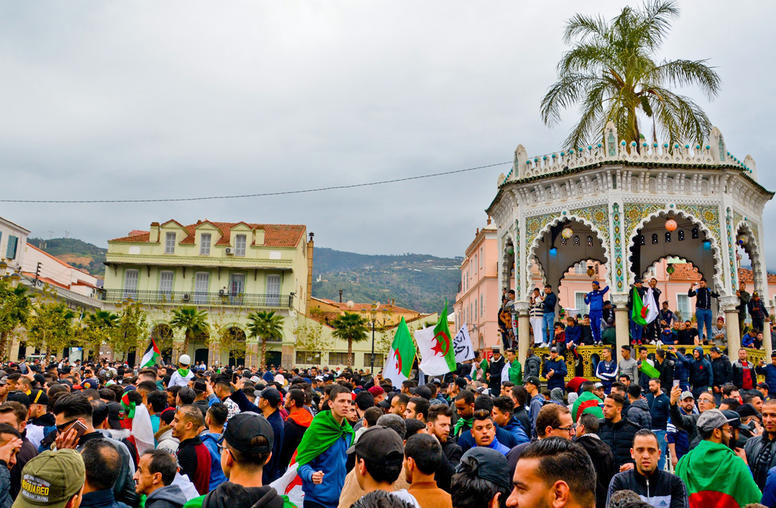
Will Algeria’s Protests Lead to Change and a Second Arab Spring?
In response to nationwide protests, Algerian President Abdelaziz Bouteflika announced he would not seek a fifth term to extend his 20-year rule. Bouteflika’s decision was greeted with celebration by the protesters, who saw it as the first victory in a potential democratic revolution. However, the upcoming presidential elections have been delayed, effectively allowing Bouteflika and a small group of ruling elites to govern indefinitely. What follows for Algeria is an uncertain period, one that echoes the “Arab Spring” that swept through the region in 2011. USIP’s Thomas Hill discusses Algeria’s future and the possibility of a second “Arab Spring” on the horizon.
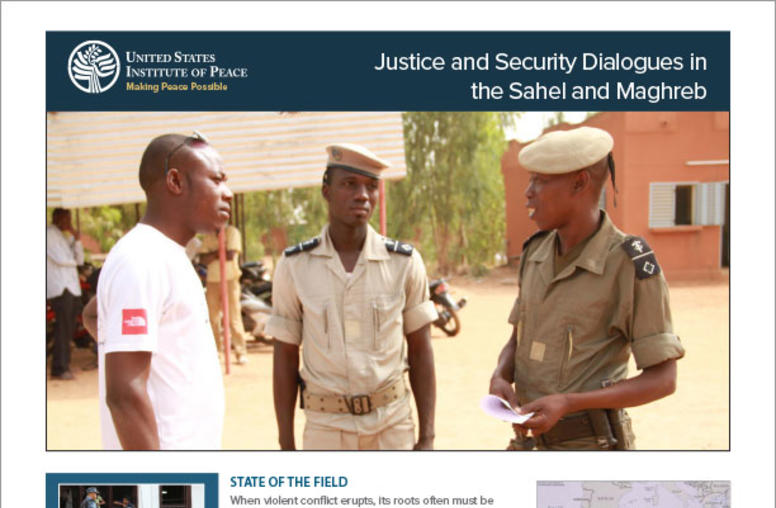
Justice and Security Dialogues in the Sahel and Maghreb
When violent conflict erupts, its roots often must be found and healed at the community level. Amid such turmoil, however, government officials, police, and community leaders are likely to mistrust each other—a breakdown in relations that opens space for security threats, including violent extremism and organized crime.
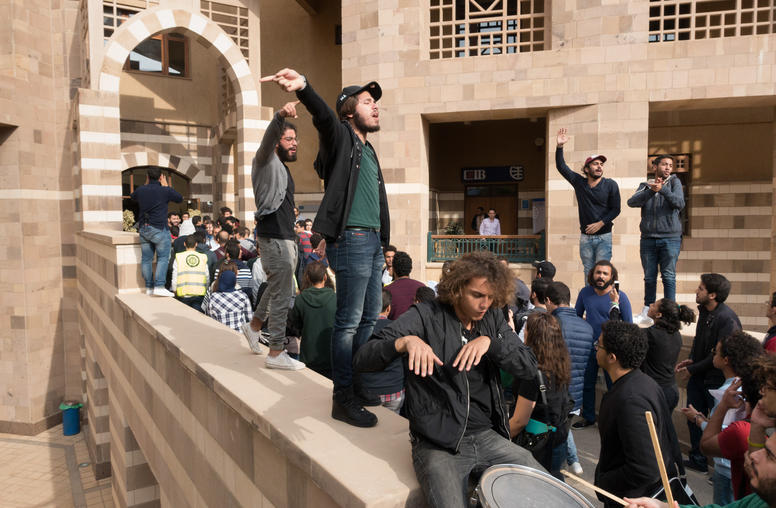
The U.S. Should Not Just Watch North Africa Slip into Chaos
Curbing US involvement abroad was a signal campaign promise of the new US administration. Anything that smacked of nation-building drew the sharpest criticism. The appeal to many voters of such disengagement is understandable and the view is woven into an evolving foreign policy.